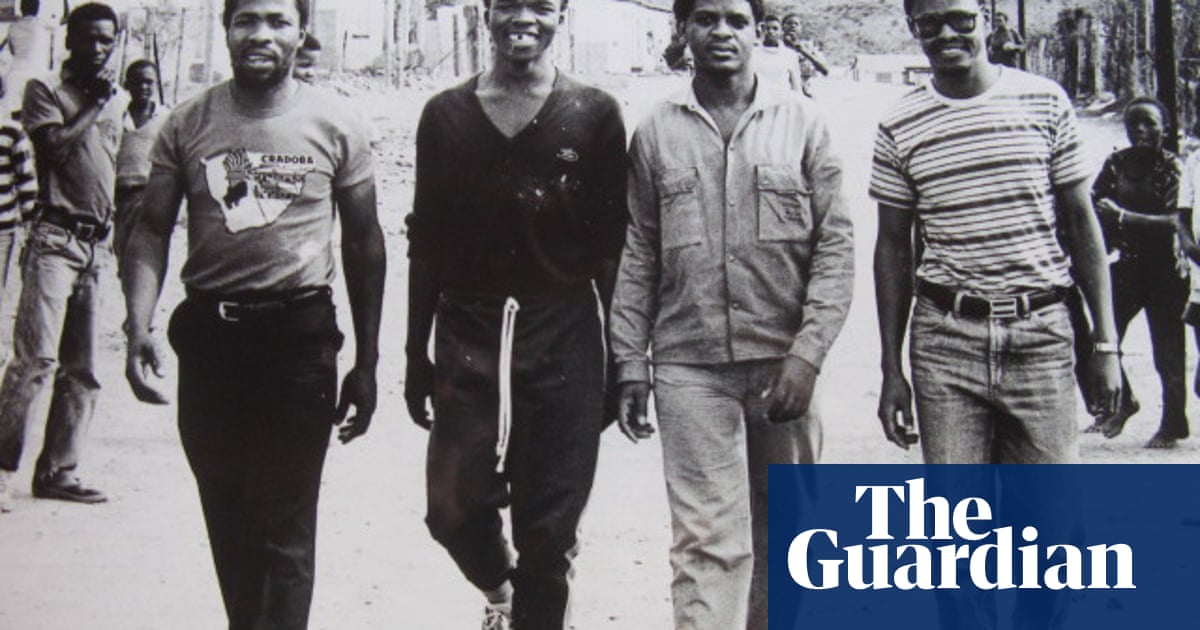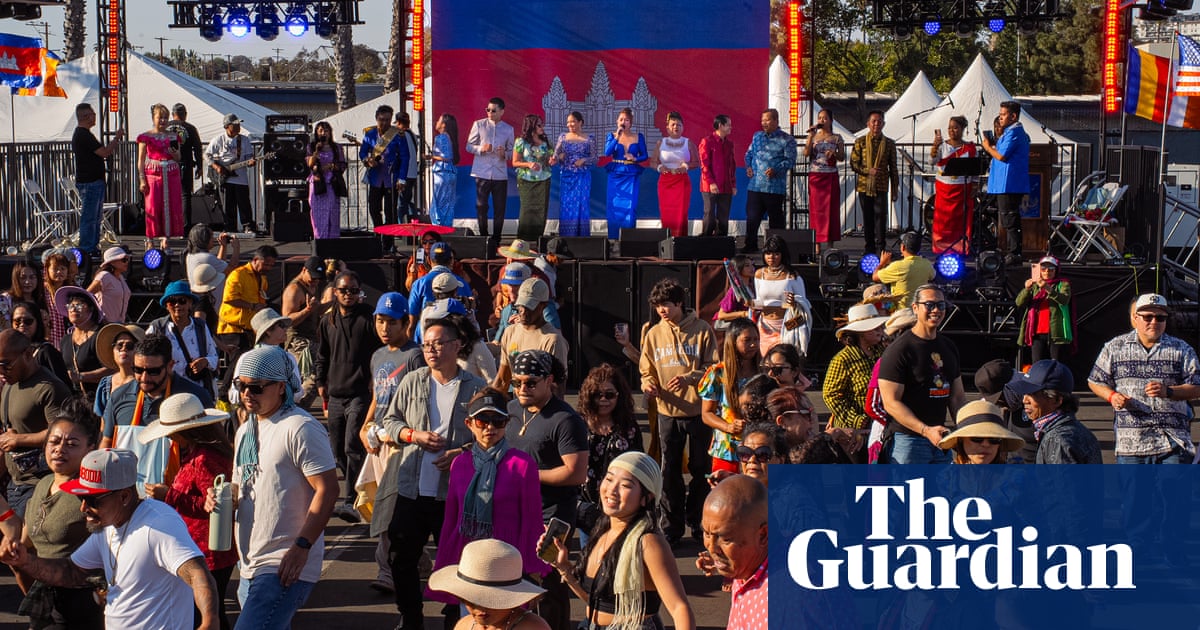Both Gaby Hinsliff, in her typically thoughtful piece (If Britain is now resetting the clock on trans rights, where will that leave us?, 18 April), and your correspondent who says “All sensible, two-way discussion of this topic has been prevented” (Letters, 22 April) highlight the risks that both trans people and many other individuals and organisations face from continuing uncertainty over an important area of public policy.
Sadly, a significant contribution to the prevention of sensible, two-way discussion of this sensitive issue was Stonewall’s 2015 decision to adopt an approach of “no debate” – online, on public platforms and in the broadcast media. This has now had huge reputational and financial consequences for the charity, where dozens of staff have since faced redundancy.
A core message for charities and all advocates for social justice from this regrettable situation might be that campaigning by diktat rather than persuasion is very rarely successful. Winning folk over to your position while recognising and addressing their anxieties, while very hard work, is usually a better way of securing legislative and social progress that can be embedded and lasts. If you decline even to enter a debate, you rarely win it.
Ben Summerskill
Chief executive, Stonewall, 2003-14
I am the parent of a trans-identified young person who has nuanced views of the debate on sex and gender (Editorial, 23 April). The reason the supreme court ruling feels like such a threat to the trans community is because for the last decade activists have misled them about the existing law, staked everything on the complete erasure of sex as a meaningful category in society, and framed any dissent as bigotry, transphobia or worse.
It has been catastrophic for a generation of trans-identified youth to have been misled into thinking that their wellbeing is dependent on everyone in society colluding in a pretence that biological sex can simply be overridden by gender identity, irrespective of context. The consequences are all too apparent in the distressed response to what is a compassionate legal ruling that balances the rights of trans people (under the protected characteristic of gender reassignment) while identifying the specific contexts where sex will be relevant too.
Name and address supplied

 4 hours ago
5
4 hours ago
5













































